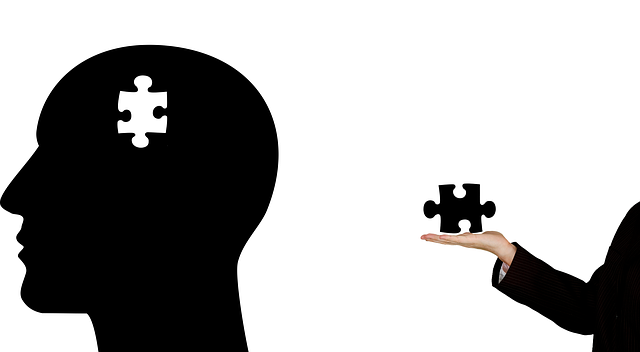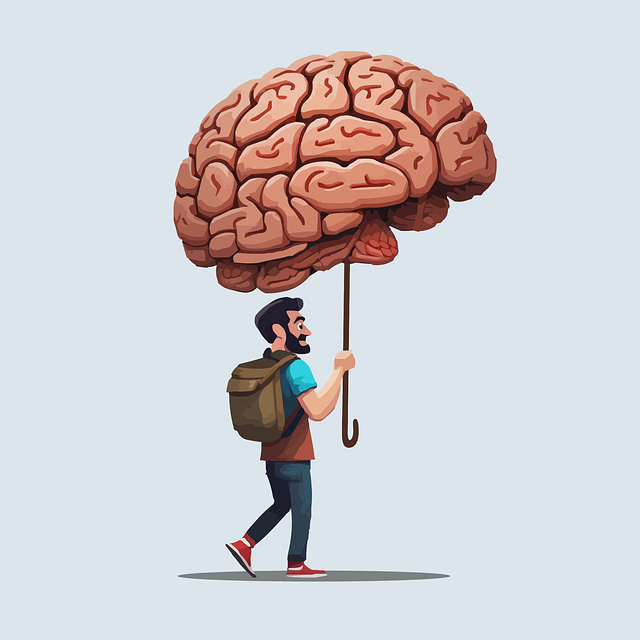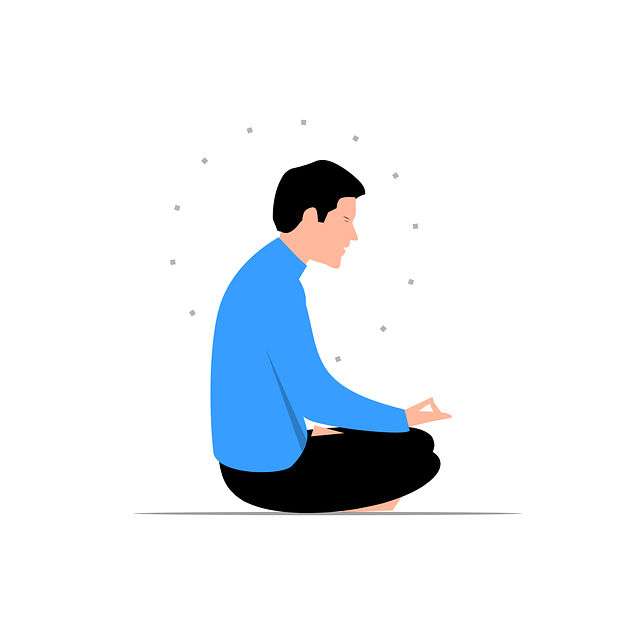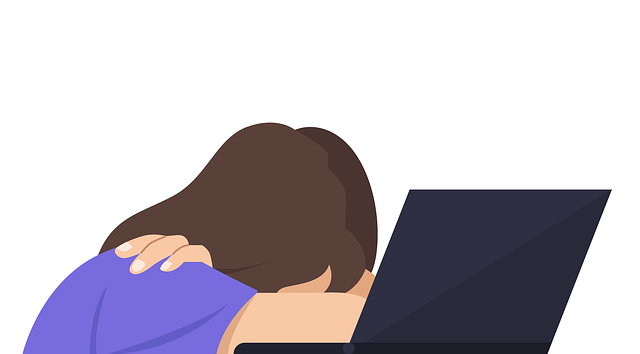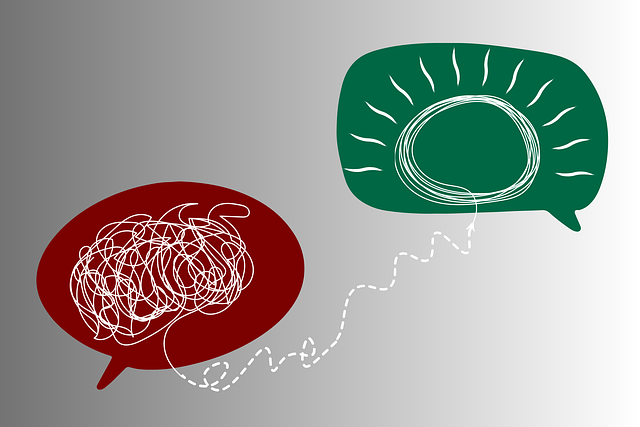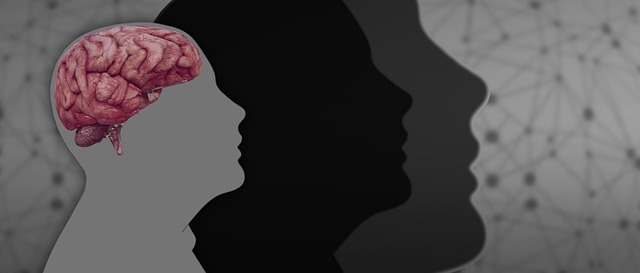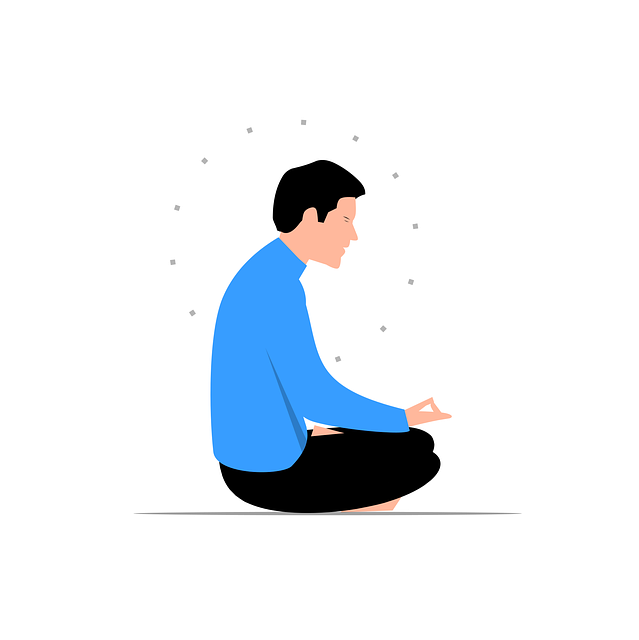Golden Independent Medical Evaluations (GIME) therapy equips individuals with essential coping skills for managing mental health challenges in today's stressful world. This holistic approach combines personalized strategies, mindfulness meditation, and cultural sensitivity to enhance emotional well-being. By assessing strengths and weaknesses, therapists design targeted interventions focused on positive thinking, emotional intelligence, and stress management, fostering long-term resilience. Regular practice of these skills empowers individuals to navigate life's challenges with greater control and confidence.
Coping skills are essential tools for navigating life’s challenges and maintaining mental well-being. This comprehensive guide explores various aspects of coping skills development, from understanding its foundational importance to practical strategies for integration into daily routines. We delve into the role of independent medical evaluations in enhancing coping abilities through targeted therapy and highlight golden rules for fostering effective mechanisms. Additionally, we discuss long-term benefits, emphasizing the nurturing of resilience through continuous practice.
- Understanding Coping Skills: A Foundation for Mental Well-being
- The Role of Independent Medical Evaluations in Coping Skills Development
- Golden Rules for Enhancing Coping Mechanisms Through Therapy
- Practical Strategies for Integrating Coping Skills into Daily Life
- Long-term Benefits: Nurturing Resilience through Continuous Practice
Understanding Coping Skills: A Foundation for Mental Well-being

Coping skills are a fundamental aspect of mental well-being, serving as our personal strategies to navigate life’s challenges and manage stress. Understanding and developing these skills is crucial, especially in today’s fast-paced world where mental health issues have become increasingly prevalent. Golden Independent Medical Evaluations (GIME) therapy recognizes the importance of equipping individuals with effective coping mechanisms.
Through therapy sessions, clients learn to identify their triggers and develop personalized strategies to deal with anxiety, depression, or other mental health concerns. Mindfulness meditation, for instance, has gained prominence as a powerful tool in promoting mental wellness. By fostering self-awareness and presence in the moment, mindfulness helps individuals manage stress and reduce the impact of negative thoughts. Moreover, Mental Health Policy Analysis and Advocacy play a vital role in creating supportive environments that encourage the development and utilization of coping skills. Efforts to reduce the stigma surrounding mental illness also contribute to open conversations about seeking help, which is essential for those striving to enhance their coping abilities.
The Role of Independent Medical Evaluations in Coping Skills Development

Independent Medical Evaluations (IMEs) play a crucial role in facilitating Coping Skills Development, offering a unique perspective that can enhance traditional therapy methods. These evaluations provide a comprehensive understanding of an individual’s mental health status by examining various aspects such as emotional resilience, coping mechanisms, and psychological well-being. Through IMEs, therapists gain valuable insights into their clients’ strengths and weaknesses, enabling them to design tailored therapy plans.
The process involves assessing the patient’s ability to manage stress, regulate emotions, and cope with life challenges, which are essential components of overall mental health. By incorporating findings from IMEs, therapists can incorporate targeted interventions focused on positive thinking, emotional intelligence, and enhancing coping strategies. This holistic approach ensures that therapy programs are not just symptom-oriented but empower individuals with valuable skills for long-term mental health management.
Golden Rules for Enhancing Coping Mechanisms Through Therapy

Developing effective coping skills is a powerful tool for navigating life’s challenges. Through Golden Independent Medical Evaluations Therapy, individuals can uncover and strengthen their inherent resilience. This therapeutic process involves several key principles, including fostering self-awareness, cultivating healthy coping mechanisms tailored to individual needs, and learning to manage stress and emotions in constructive ways.
A crucial aspect of this journey is the Risk Assessment for Mental Health Professionals which identifies potential triggers or vulnerabilities. Incorporating Cultural Sensitivity in Mental Healthcare Practice ensures that these evaluations are conducted with understanding and respect for diverse backgrounds. Encouraging clients to engage in Mental Wellness Journaling Exercise Guidance provides a safe space for them to track their emotions, identify patterns, and develop personalized strategies for coping effectively, ultimately fostering a deeper connection with themselves and improving overall mental wellness.
Practical Strategies for Integrating Coping Skills into Daily Life

Integrating coping skills into daily life is a transformative process that empowers individuals to navigate challenges with resilience and grace. One effective strategy is adopting mindfulness meditation practices, which encourage individuals to focus on the present moment, thereby reducing anxiety and stress. Regular mindfulness exercises can be as simple as dedicating five minutes each day to silent contemplation or engaging in guided meditations tailored for specific emotional needs.
Additionally, fostering positive thinking through affirmations and cognitive reframing techniques plays a significant role in building mental fortitude. Encouraging individuals to challenge negative thought patterns and replace them with more constructive alternatives strengthens their ability to cope effectively. Golden Independent Medical Evaluations Therapy can provide valuable insights into an individual’s emotional landscape, while Empathy Building Strategies promote deeper understanding of oneself and others, further enhancing coping capabilities.
Long-term Benefits: Nurturing Resilience through Continuous Practice

Engaging in regular coping skills development offers profound long-term benefits, fostering resilience that can be continually nurtured and strengthened. Through consistent practice, individuals learn to navigate life’s challenges with greater ease, employing a toolkit of strategies that promote emotional well-being. This process empowers them to bounce back from setbacks, fostering mental agility and a sense of control over their reactions and responses.
Golden Independent Medical Evaluations Therapy plays a pivotal role in this journey by providing a safe space for individuals to explore and develop these skills. By integrating self-care practices into daily routines and participating in Mental Health Education Programs Design tailored to their needs, people can enhance their ability to manage stress and reduce its impact on their lives. Over time, these efforts contribute to improved resilience, enabling individuals to approach life’s curveballs with confidence and equanimity.
Coping skills development is a multifaceted process that leverages both independent medical evaluations and therapy to enhance mental well-being. By understanding these techniques, individuals can navigate life’s challenges more effectively. Integrating practical strategies into daily routines allows for continuous practice and nurturing of resilience. The golden rules highlighted in this article serve as a guide, demonstrating how therapy can revolutionize coping mechanisms. Ultimately, investing time in developing robust coping skills yields long-term benefits, ensuring folks can overcome obstacles with grace and strength.

